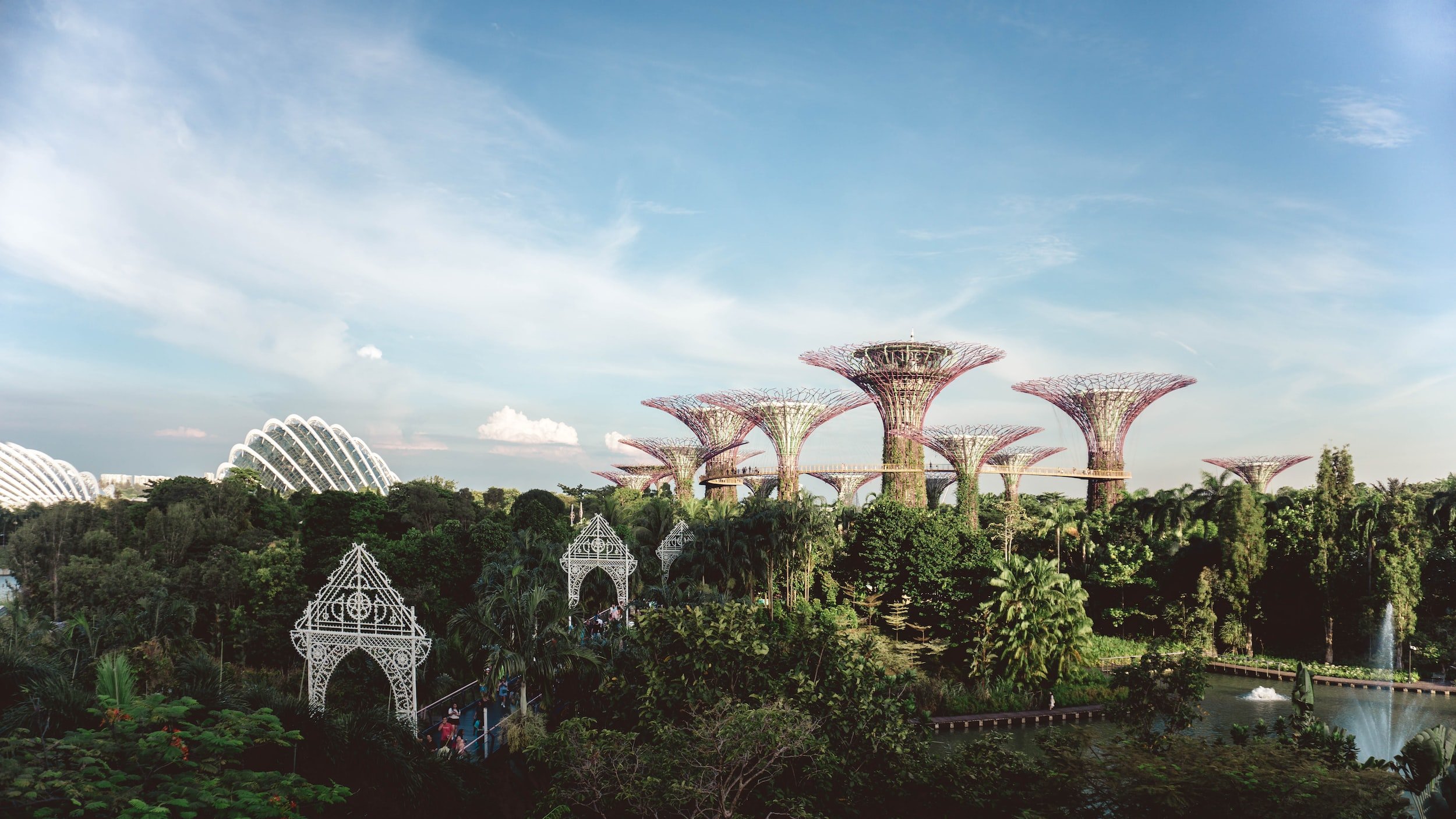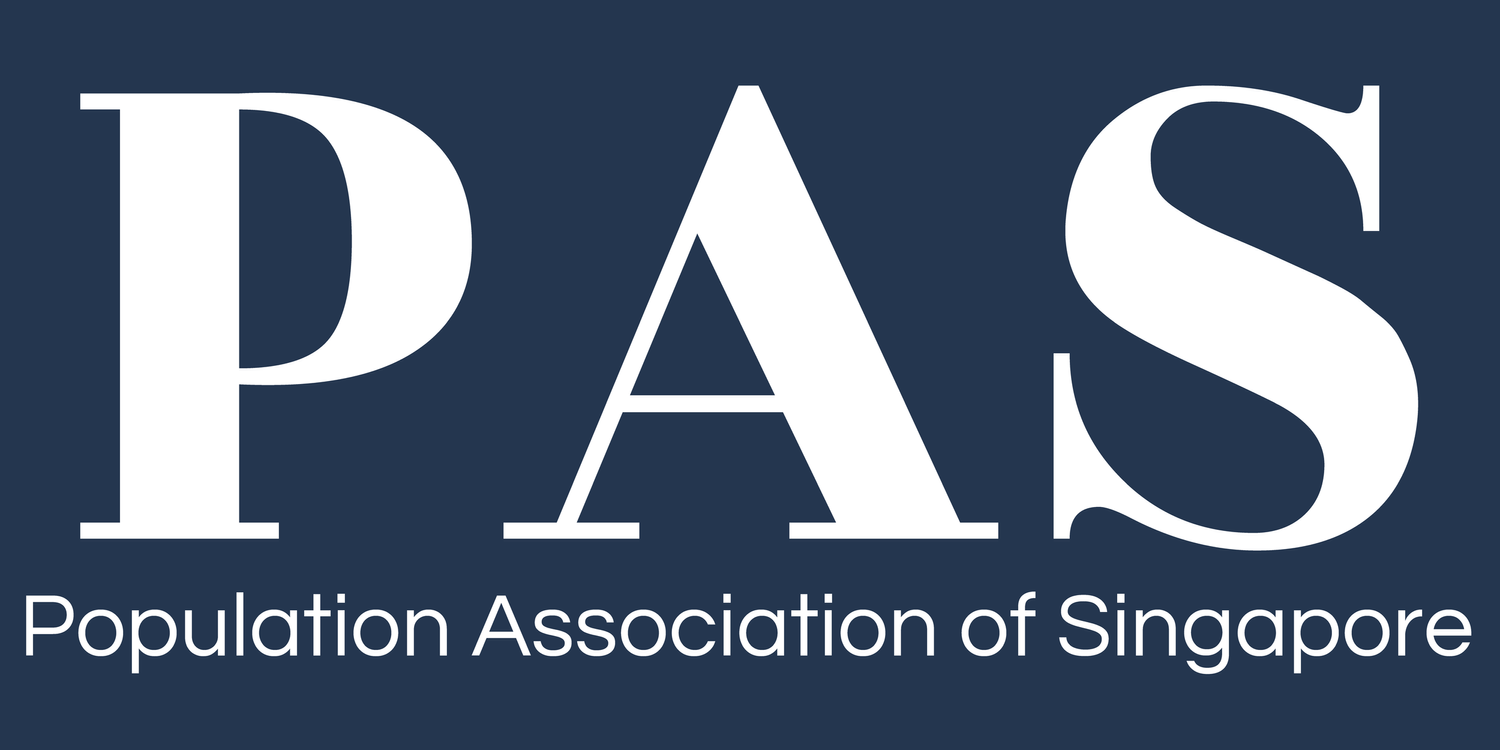
Bios and Abstracts
Keynote Speakers
Dr Reiko Hayashi
President, Asian Population Association
The policies on ageing, such as health and long-term care or pension system, have been constructed and reformed constantly, contributing to longevity extension in Japan. On the other hand, the policies on low fertility have a shorter history, and the recent downward trend of the total fertility rate raised a serious public concern. As the current cost of social security is heavily allocated to the services for the elderly, various attempts and advocacies are being made to increase the spending for families and children. In this talk, I will briefly overview the itinerary of Japanese policies on low fertility and ageing, along with the demographic trend, to identify the challenges at present and future.
Balancing policies on low fertility and ageing - is Japan a typical Asian example?
National Institute of Population and Social Security Research (IPSS), Japan
Deputy Director-General
Profile
Dr Reiko Hayashi is Deputy Director-General of Japan’s National Institute of Population and Social Security Research (IPSS). Prior to joining IPSS in 2012, she served in Senegal as JICA technical advisor to the Minister of Health (2008–2011), and was engaged in projects concerning population, health and development in various countries. Her research covers global population ageing, health and longevity, internal and international migration, and population development.
She holds a PhD in policy studies from the National Graduate Institute for Policy Studies (GRIPS), Japan. She is the President of Asian Population Association (2022-2024), a member of ICD and ICF Commissions of Social Security Council of Ministry of Health, Labour and Welfare, and of Japan’s delegation to the Commission on Population and Development, United Nations.
Please refer here for more details.
Mr Ho Kwon Ping
S R Nathan Fellow
Founder & Executive Chairman
Thomas Malthus and Paul Erhlich, the 18th and 20th century doomsayers of population science, famously predicted – and totally wrongly of course – severe constraints on and disastrous consequences for global population growth. But even in their massive miscalculations – and the global population is more than double what Erhlich said was even remotely possible – their view that there are limits to unbridled economic and population growth were not fundamentally wrong. Though ridiculed at the time, the notion that humankind cannot unrestrainedly continue to degrade the Earth, has come back to haunt us with climate change scientists confirming that a real global disaster is just around the corner.
Global population growth is slowing but increasing longevity amidst increasing income and other disparities, set against the context of climate change exigencies, has created demographic, socio-political and geo-economic challenges which Malthus and Ehrlich could never have foreseen. Yet the world – and academia in particular – is sorely lacking the “big thinkers” who are not afraid to speculate and get it wrong, but at least are willing to envisage unorthodox but realizable options for policymakers to ponder.
This short talk provides no such answers but discusses the need for population science to bring together disparate disciplines to foresee scenarios for the human race, in the same way that climate scientists from disparate disciplines have come together to create a holistic – albeit depressing – insight into the future of our physical Earth.
Banyan Tree Holdings
Laguna Resorts and Hotels
Profile
Mr Ho Kwon Ping is the Founder and Executive Chairman of Banyan Tree Holdings and Laguna Resorts and Hotels, and Executive Chairman of Thai Wah Public Company. He was also the Chairman of the Board of Trustees of Singapore Management University. Educated in Tunghai University, Taiwan; Stanford University, California and the University of Singapore, he was the Economics Editor of the Far Eastern Economic Review in Hong Kong before joining the Thai Wah family business and then starting his own companies.
For his services to the country, Mr Ho has been decorated with the Meritorious Service Medal and the Distinguished Service Order by the Singapore Government. He has also been conferred honorary doctorates by Johnson & Wales University and from Hong Kong Poly University.
Community for Successful Ageing (ComSA): Conceptual Overview and Implications for Population Ageing
Community-Based Approach for Successful Aging
Tsao Foundation Symposium
Dr Paul Ong
With longer lives, enabling the population to stay healthy, functional, and strong is essential for the well-being of older people and their families, reducing health and long-term care costs, and addressing manpower issue. Healthy longevity requires an all-of-society strategy, and all-of-community response; as such, Tsao Foundation’s ComSA (Community for Successful Ageing) at Whampoa is a pilot experiment of such a community scheme and is reflective of the current Healthier SG policy directive.
Established in 2017, ComSA seeks to forge an integrated system of comprehensive programmes and services to successful ageing in an aged and low-income estate in Singapore through a population health, life-course, preventive, and systems approach to community service planning. Sited at a centrally-located community center, it aims to meet the needs and aspirations of older people of different profiles – from the very fit and healthy, to the dying – through senior activation and empowerment, inter-generational community development, and an integrated suite of services designed based on an initial ethnographic study and population survey, which identified complex intertwining health and social needs, dementia, and isolation as priority issues. This symposium aims to share the model, relevant research, lessons learnt and discuss its significance as an approach to healthy population ageing.
Chief Strategy Officer
The Patient Centred Medical Home (PCMH) in ComSA
Dr Raymond Leong
ComSA takes a comprehensive approach to community service planning, seeking to optimize seniors' health, function, well-being, and ability to age-in-place through community engagement and a one-stop "longevity central," the ComSA Centre. The goal is to develop a new whole-community model for successful ageing through collaboration and community engagement.
A key component of ComSA's framework is the evidence-based Patient Centre Medical Home (PCMH) care model, which emphasizes patient-centered care and incorporates the needs, preferences, and values of patients in the decision-making process. PCMH uses a multidisciplinary care team to integrate primary and social care across a life course spectrum, adopting a whole-person orientation that addresses all aspects of a patient's health, from preventive care to end-of-life care.
The PCMH model also coordinates and integrates care across healthcare system elements, preventing gaps in care and facilitating better communication among providers. While still evolving, research has shown positive outcomes, including improved patient satisfaction, better health outcomes, and potential reductions in hospitalizations, emergency department visits, and healthcare costs. The PCMH model will thus serve as a means to enhance the effectiveness of patient care, emphasizing patient-centred approaches, multidisciplinary collaboration, and evidence-based practices.
Medical Director, Clinical Affairs
Community Development in ComSA: Six years on, what have we learnt?
Susana Harding
Senior Director, International Longevity Centre- Singapore (ILC-S)
In support of ComSA Whampoa Centre’s goals, the Community Development component, in ComSA works towards community activation and enabling a healthy community where older people are engaged and residents, in general, have an increased sense of well-being. From organizing wellness programs for seniors, and community museums for intergenerational bonding, we have gradually evolved to working with seniors as our partners to co-create solutions and programs that allow them to have a more positive ageing experience in our Enriching and Mobilising Participation of Whampoa’s Elder Residents (EMPOWER, 2019-2022) programme. The ComSA Club was also formed to mobilise older persons into organised groups under the leadership of the ComSA Champions and Peer Facilitators.
We will share our journey in terms of moving up the ladder in empowering older persons (program design), developing their capabilities, as well as connecting the dots to elicit wider community support and create platforms for decision-making and co-design of solutions on issues that affect older persons. The value of empowerment approaches as well as its implications for program design and roles for older persons in the context of Active Ageing Centres (AACs) will be discussed.
Improving ComSA Through Research and Evaluation: Overall Evidence and Insights
Dr Su Aw
Research Fellow, International Longevity Centre- Singapore (ILC-S)
Research is a key component in ComSA, to understand whether our programme innovations work and how they can be improved, replicated, and scaled up. As a pilot experiment, the Community for Successful Ageing (ComSA) is no less subject to the same evaluation and scrutiny.
In this segment, we will share key research done so far on ComSA, from individual components relating to ComSA care management programme, Patient-Centered Medical Home, community development programmes, to its overall coherence and program theory as a model. Though still a model in evolution, research and evaluation has shown some positive results, generated data to improve implementation, and offered insights and learnings about the older people it serves, the community and emerging trends that need to be addressed.
In addition, we will explain the various approaches to conducting research in ComSA, from participatory research to empower seniors and co-create programs, to progress in terms of using more quasi-experimental and realist methods that allow for more transparent evaluation of complex interventions such as ComSA. Implications for government agencies, as well as researchers who work with, commission or fund research and evaluation in community settings, as well as plans for future research to develop ComSA will be discussed.


